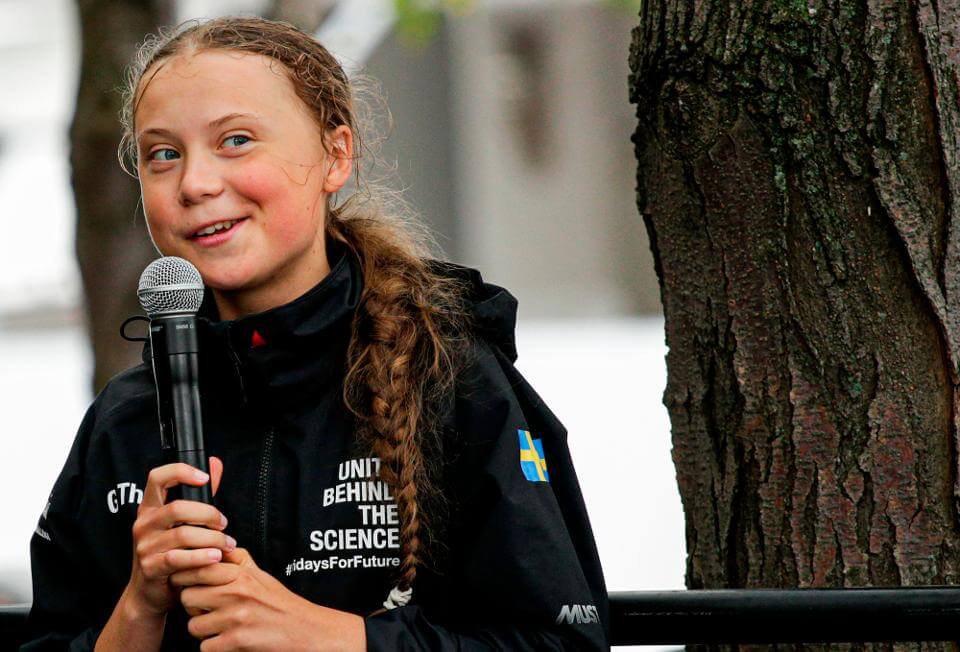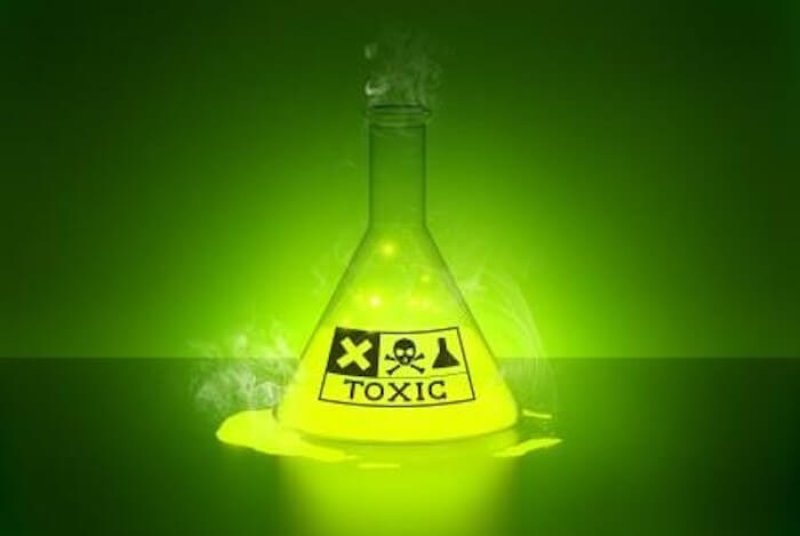A thirst for knowledge: the source of Chinese success
In an op-ed entitled ‘This decade belonged to China. So will the next one’, Martin Jacques shows that the decade since 2010 has seen the emergence of China in an unexpected way: while the West thought it would carry on as the world’s manufacturer of cheap products and imitations for a long time, it has turned out to be an innovative economy to the extent that it alone registered more than half of the world’s innovative patents last year.
The expert notes that this is not surprising, given that it is a country that has been growing at an annual rate of 10% for 35 years and between 6% and 8% in the last 10 years and so is bound to be accustomed to innovation. But the most important point that interests us here is this:
“Do not forget that China is an extraordinarily rich and intellectually gifted civilization, which has always been very committed to learning and education.”
In fact, China is now the world leader in the latest PISA ranking. And for anyone still harboring doubts about this intellectual supremacy, a study by CNAM sociologist Yaël Brinbaum has just been published which shows that children of Asian origin, in particular girls, stand out in France with their academic high achievement.

According to this study, which followed 30,000 children at school for more than 10 years, “Asian girls and boys alike achieve very high baccalaureate pass rates (92% and 88%).” According to Barthélémy Courmont, a researcher at IRIS, this is connected with the Confucian culture of their country of origin “where education is emphasized”. Moreover, children of Asian origin are over-represented in scientific fields and the phenomenon seems to be common the world over.
We have seen in a recent survey of children carried out by Lego, that young Americans wanted to be vloggers, while young Chinese dreamt of being astronauts.
All of these elements put together point in the same direction: knowledge, learning, study… these are good resolutions to take at the beginning of the year to prepare to face the coming decade.
Spreading knowledge to overcome fears
As a result, it seems difficult to start a European great leap forward without making both younger and older generations aware of not only the importance of learning at school, but also that of general culture. Yet what seems to dominate our Western civilization at present is less an appetite for knowledge than a widespread fear of the future. As we have seen, we have become experts in exporting fear of progress. Under the influence of Saint Greta of Thunberg, young people are wasting their talents on school strikes – their idea of preparing for the future – or at a pinch launching petitions to try to pass their baccalaureates.

Added to this are the propaganda campaigns of green marketing as well as the misleading information that scientists, politicians, NGOs, the media and industrialists spread to all levels of society.
The example of chemophobia: European exception?
Unfortunately, the result is merciless: the general level of knowledge seems to be dropping at top speed: beliefs are taking hold and fears are gaining ground. This is illustrated by this study on “chemophobia” – literally fear of chemistry – in Europe, and the reasons for biased risk perception, published in Nature Chemistry by Michael Siegrist and Angela Bearth of Consumer Behaviour at the Institute for Environmental Decisions at ETH Zurich, Switzerland. The study was conducted in eight European countries: Austria, France, Germany, Italy, Poland, Sweden, Switzerland and the United Kingdom. It questioned 5,631 participants, about 700 from each country.
The prevalence of an unfounded fear of chemicals among the populations of these countries has been caused by an impossible desire to live in a world where chemicals do not exist. Many also say that they do everything they can to avoid chemicals even though we are usually surrounded by them, from our mobile phones to our food and clothing.
The two Swiss researchers went on to show that the public obeys three heuristic rules when judging chemicals: “natural is better”, “contagion” and “trust”. Lack of trust results in this “chemophobia”. On the other hand, the term “natural” evokes only positive values in people’s minds. The “natural is better” heuristic results in a preference for “natural foods” but also in a negative perception of synthetic chemistry compared to naturally occurring chemistry.
If we take the example of a product for unblocking drains where the word “eco” appears on the label, it will be better perceived amongst public opinion than the same product line without the “eco” label, even though the two products often have almost the same composition.
Regarding the heuristics of contagion, it turns out that a product is perceived as either healthy or dangerous. The members of the public questioned in the study did not assess risk based on the degree of exposure to a product. The third factor, the trust heuristic, also comes into play. It should be noted that trust in what the players say is based on a perception of shared values, rather than on any considerations relating to competencies. So, trust or lack of trust in the chemical industry, NGOs, government bodies or “people” can influence individuals.
As the two researchers tell us,
People who know about the dose–response relationship, and understand that the distinction between synthetic and natural chemicals is not relevant to assessing chemical risk are not as ‘chemophobic’ as individuals who do not have this knowledge.
Those with a basic knowledge of toxicology do not need to rely on the “natural is better” and the contagion heuristic. In addition, consumers who trust their national agencies to successfully manage chemical hazards exhibit less chemophobic characteristics than those who distrust the authorities.
This study is a pretty good example of how a misconception or distorted judgement can become part of public opinion. Unfortunately chemophobia is just one example of the fears that are forming in public opinion and that are obstacles to individuals benefiting from progress, even as writers from Johann Norberg to Matt Ridley struggle to show that the past decade has been fantastic.
On behalf of the entire team at European Scientist I wish you a fantastic decade full of love of science and discovery and free of all fears for the future.
Jean-Paul Oury holds a Ph.D. in the history of science and technology. He is a specialist on cross-disciplinary issues that link communication, technology and politics.
This article was originally published at European Scientist and has been republished here with permission. Follow European Scientist on Twitter @EuropeScientist































